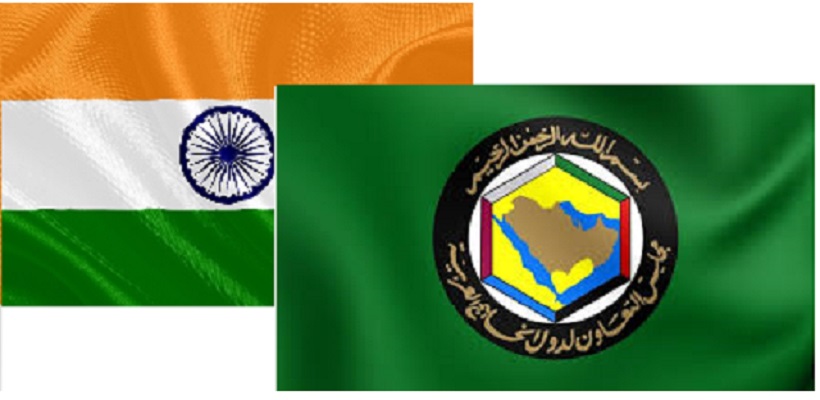Once again, the Government of India has unilaterally taken steps to mitigate migrant labor abuses in the Gulf Cooperation Council (GCC). Indian officials have consistently enacted one-sided measures in order to ensure their citizens’ safety abroad, and GCC governments have failed to fulfill their parts. In March and April 2016, India initiated two Memoranda of Understanding (MoU) on human trafficking with Bahrain and the United Arab Emirates (UAE), respectively; while the agreements are technically bilateral, Bahrain and the UAE have not taken steps to implement any of the stipulations of the agreements. In late July 2016, Indian officials distributed emergency provisions and food rations to stranded workers in Saudi Arabia after their employers withheld several months’ worth of payments and prevented them from leaving the country. Most recently, the Government of India imposed new restrictions on workers attempting to obtain positions in the Gulf.
In its most recent attempts to shield its citizens from exploitation in the GCC, in September 2016, the Government of India ordered that all recruitment of female workers holding Emigration Clearance Required (ECR) category passports be regulated by only seven agencies. All of these agencies will fall under the guise of the government to ensure their adherence to strict recruitment standards. Women come to hold ECR passports if they have not passed Grade 10 in school. Therefore, women with ECR stamps require emigration clearance before entering any one of the 18 countries decided upon by the Indian government; all six GCC countries are a part of that list. In April 2015, the Government of India expanded the ECR requirement to all nurses, when it banned them from using private recruitment companies to secure jobs abroad. In August 2016, officials extended the ban even further to all female workers who have a ECR stamp, including domestic workers. Consequently, zero of the 1,200 registered private recruitment agencies can recruit nurses or female workers who are under the ECR category.
India expanded the ECR program and subsequent recruitment bans in response to the ongoing trafficking and exploitation of migrant workers, especially female domestic workers and nurses, to the Gulf states. Recruitment agencies in India often lure workers abroad with the promise of positions that do not exist or have drastically changed upon arrival. Many female migrant workers, especially domestic workers, are promised jobs as child carers or secretaries; upon arrival, they will be forced into domestic servitude. Many domestic workers face abuse at the hands of their employers, and the Indian embassy in Abu Dhabi documents 10-20 complaints from domestic workers every month. Dinesh Kumar, Counsellor of Community Welfare at that embassy, stated that most of the complaints originate from lies during the recruitment process.
Furthermore, GCC countries are not adequately dealing with their side of the issue. The Governments of the GCC need to ensure that there are mechanisms in place to recognize and criminalize employer abuse. Recruitment agencies also work between both the labor destination countries and the labor source countries. Both actors need to properly vet, inspect, and license recruitment agencies that operate in their countries; this process cannot be one-sided. The Gulf governments need to pass and enforce legislation that codifies bilateral human trafficking agreements, as well as take more collaborative steps to curb human trafficking.
India cannot continue to impose actions without the support of the Governments of the GCC. Officials in the Gulf need to work with their counterparts in India to ensure that the issues human trafficking and forced labor are attacked from all sides. Without cross-regional support, India can only try to protect its own citizens from human trafficking. By working together, India- along with the rest of the source country governments- and the GCC countries can more efficiently and effectively combat the underlying factors that greatly contribute to human trafficking, such as unregulated recruitment practices, scarce government oversight of employer practices, and lack of law enforcement.
Brittany Hamzy is an Advocacy Fellow at ADHRB.





